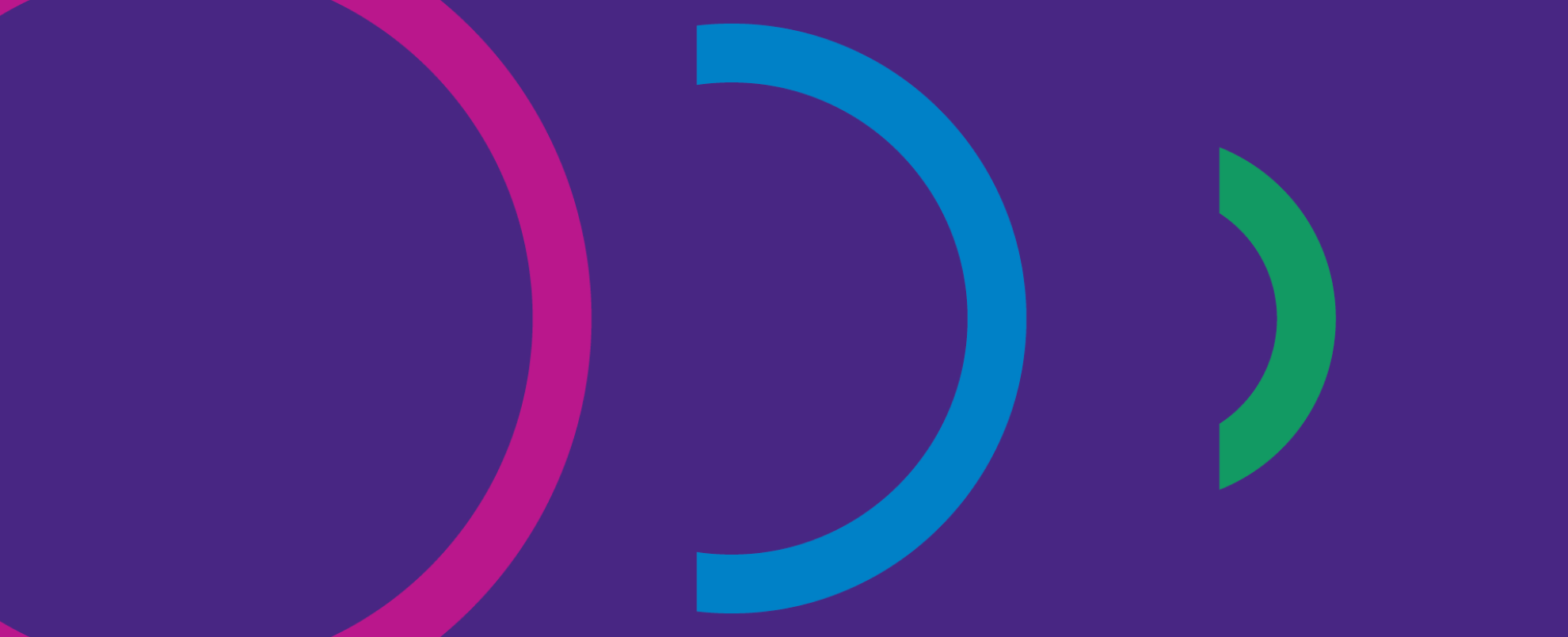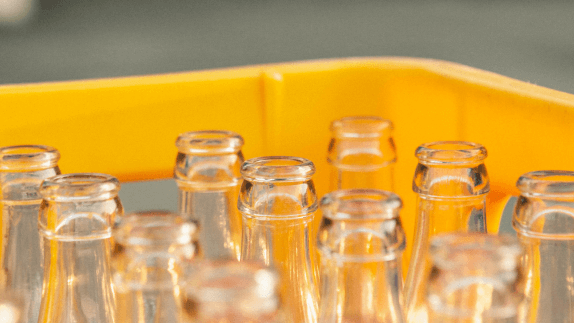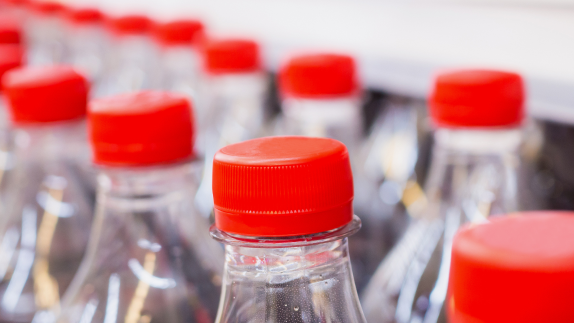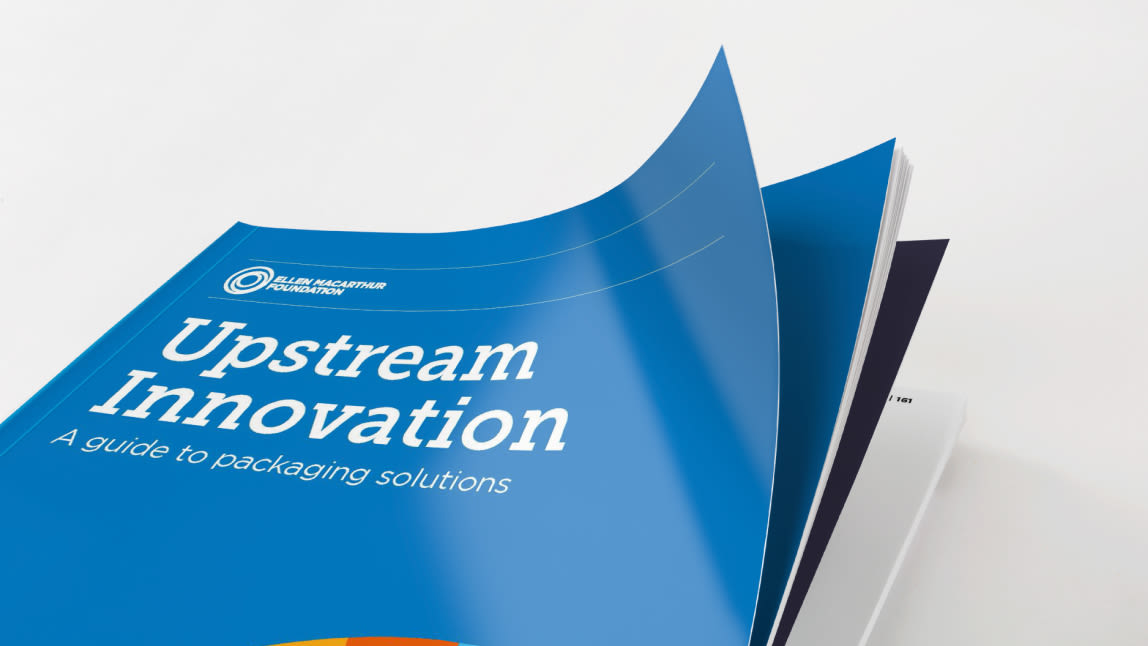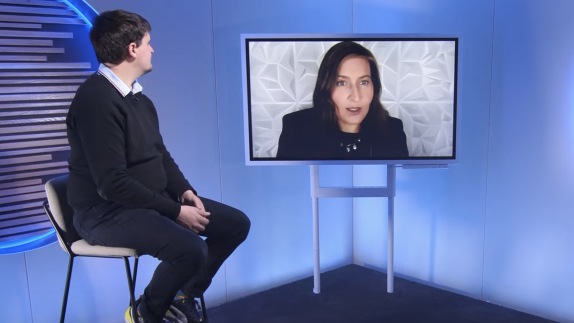“Some people say ‘business is big, that’s not good.’ On the other hand, I’d say that means we can drive scale, we can make meaningful change, and we have the resources to do it.”
-Bea Perez, Senior Vice President and Chief Communications, Sustainability and Strategic Partnerships Officer, The Coca Cola Company
Operating in more than 200 countries and territories around the world, serving over 1.9 billion drinks every day, The Coca Cola Company has been hugely successful in the linear economylinear economyAn economy in which finite resources are extracted to make products that are used - generally not to their full potential - and then thrown away ('take-make-waste')..
So what are the challenges in transitioning to a circular way of doing business?
In this episode, Bea Perez explains how she joined Coke as a conflicted young adult, only to discover it was her dream job, and discusses the vital role of big business in the global transition to a circular economycircular economyA systems solution framework that tackles global challenges like climate change, biodiversity loss, waste, and pollution. It is based on three principles, driven by design: eliminate waste and pollution, circulate products and materials (at their highest value), and regenerate nature..
As the company’s first Chief Sustainability Officer, it has been Bea’s role to drive change at scale within the company for the past decade — and it’s not always an easy job. We discuss how her role has involved challenging the status quo, how the Covid-19 pandemic has curbed progress in reducing the use of virgin plastic, and how far the company has to go to meet its plastic targets.
We’ll also learn more about the reusable Universal Bottle, first introduced in Latin America in 2018, and why Bea is optimistic about changing the business for the better.
--
For an in-depth look at the progress The Coca-Cola Company is making, explore its entry in the Global Commitment 2021 Signatory Report
